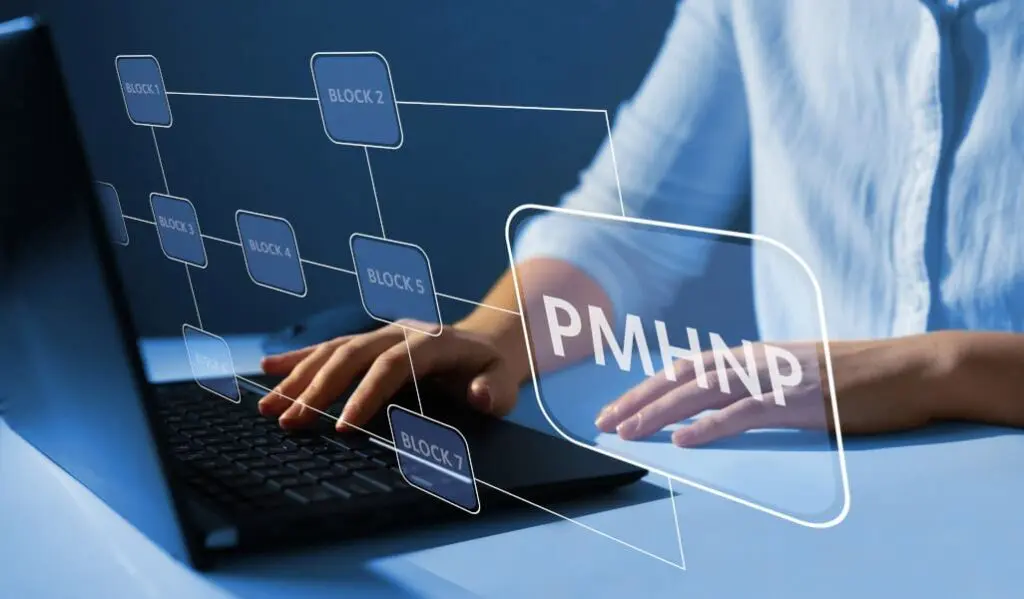How It Works
- Once you have completed the purchase of your Barkley Blocks, PowerPoint handouts of the selected chapters will be available in your Courses tab and in the Barkley & Associates app.
- To access your course, please log in at www.NPcourses.com or on the eBook app.
- Go to Your Account in the upper right corner and click on Courses.
- Locate your course in the list and click on it.
- PowerPoint handouts are available for every lecture under “eBooks.” We strongly recommend that you download our App, so that you may highlight and take notes as you view each video.
- Each quiz includes 5 items to complete in 10 minutes. Participants have a maximum of 3 attempts to pass each exam with a score of 70% or higher.
- After successful completion of the quiz, participants must complete a Course Evaluation.
- Upon submission of the Course Evaluation, your Continuing Education Certificate will appear for you to print and/or save in PDF format. We strongly recommend that you print or save the certificate immediately, as your certificate will not be stored in your account indefinitely.










